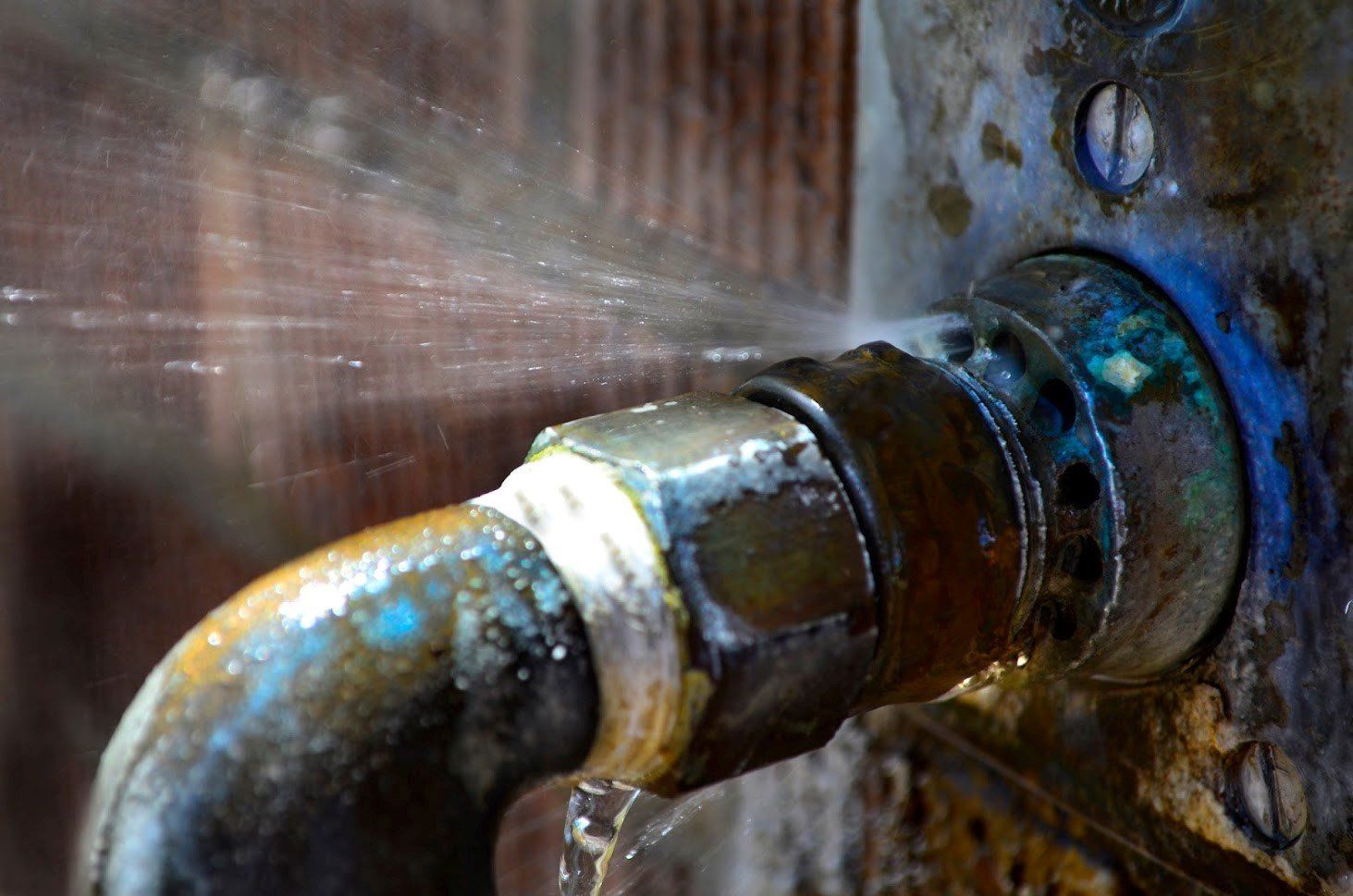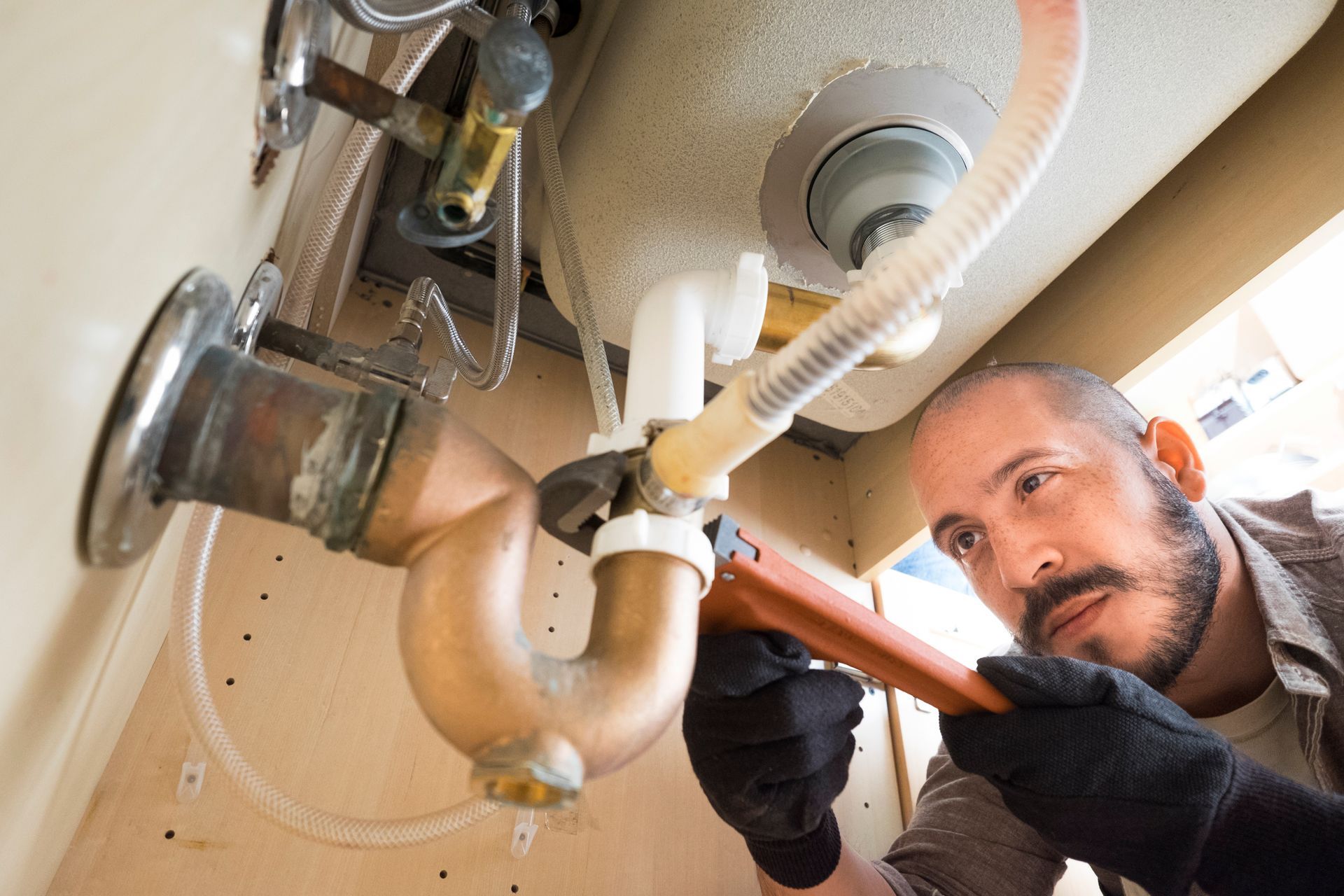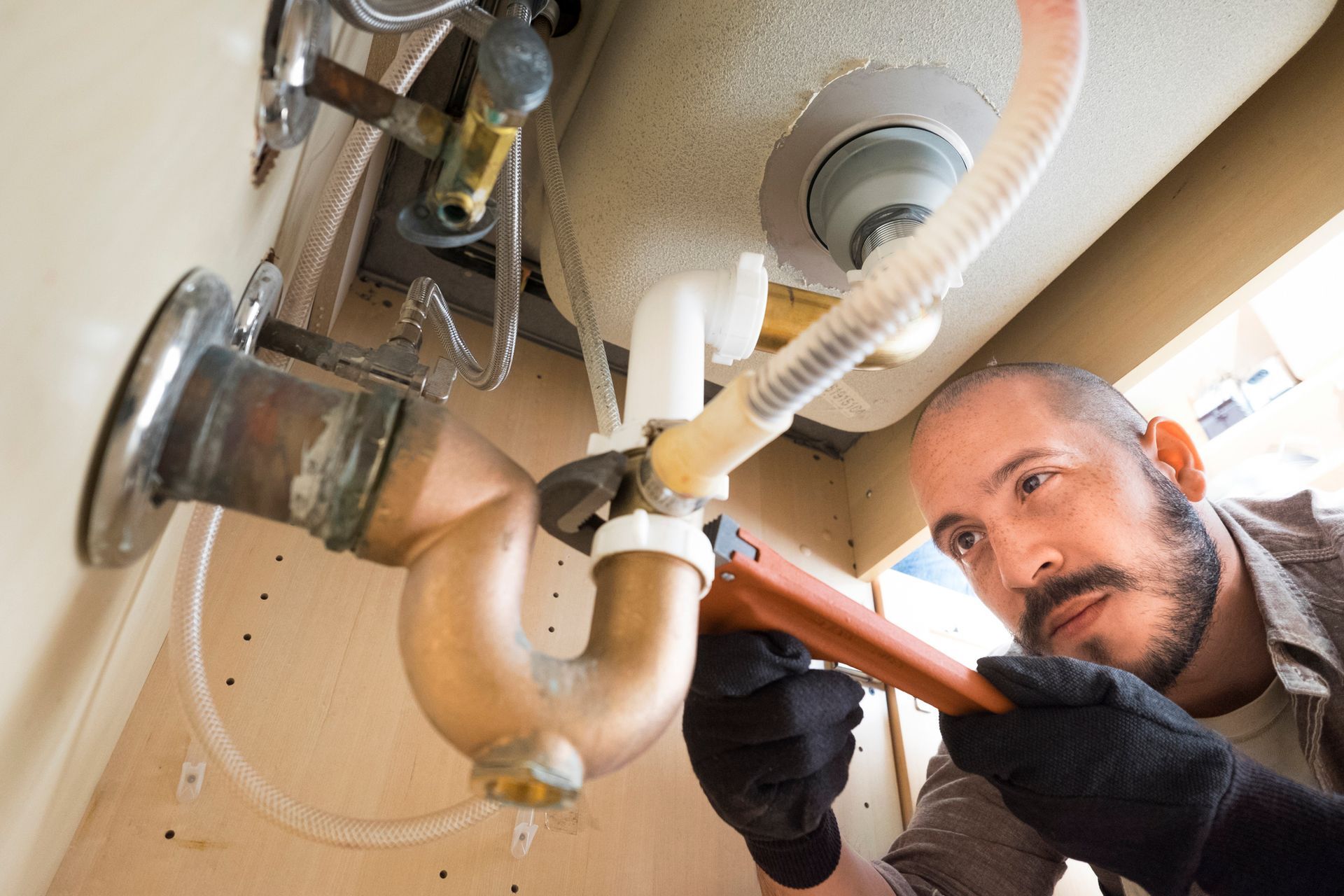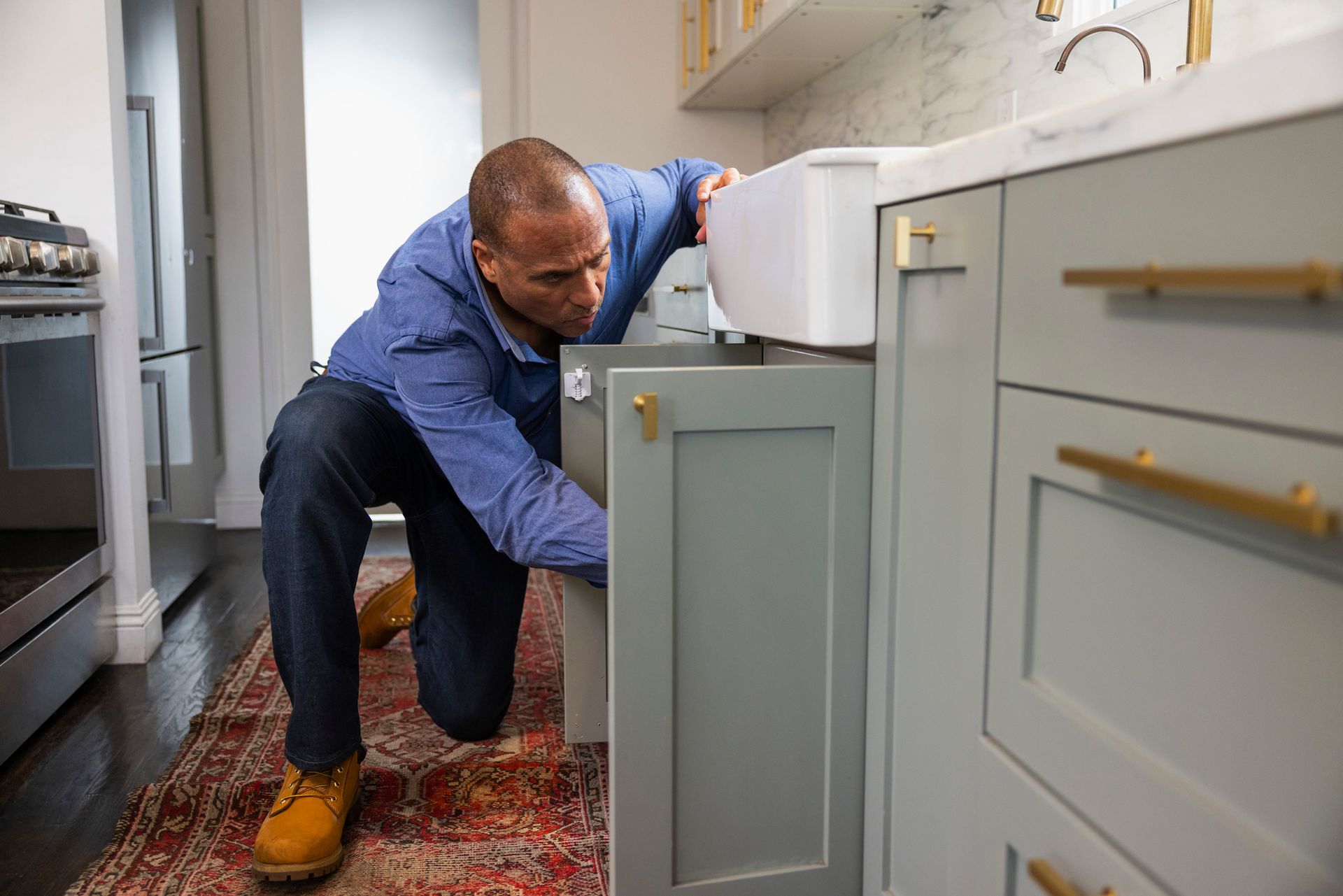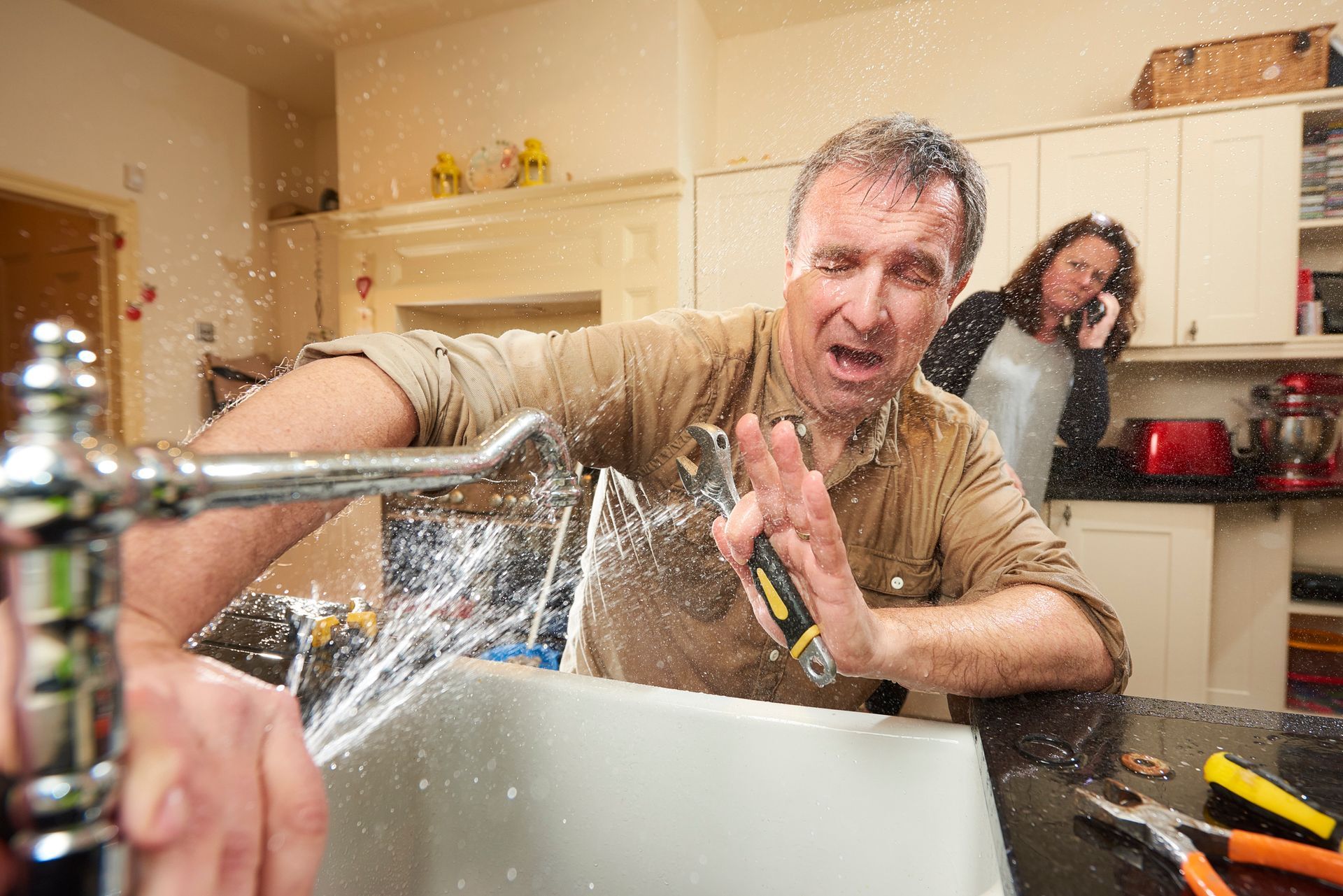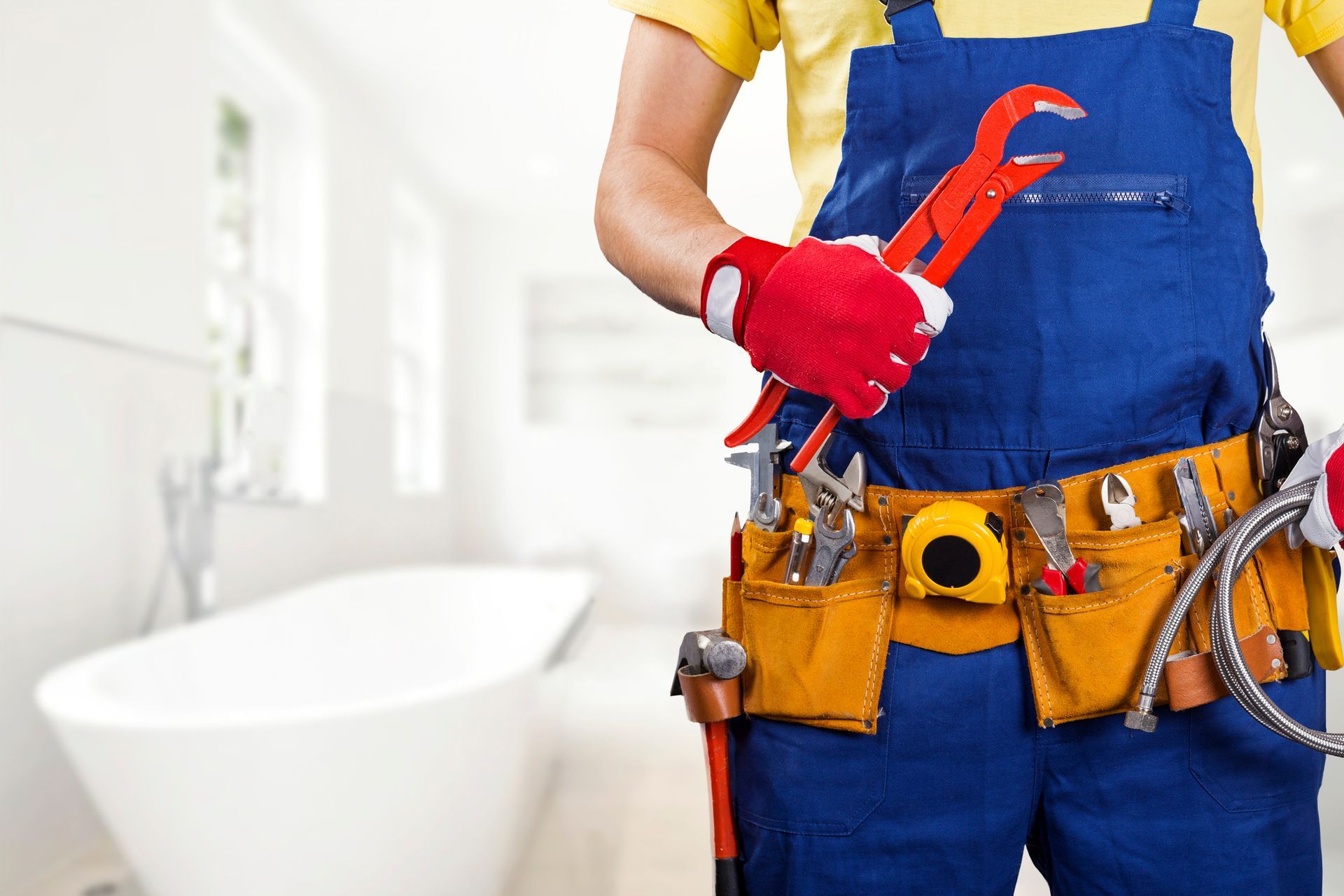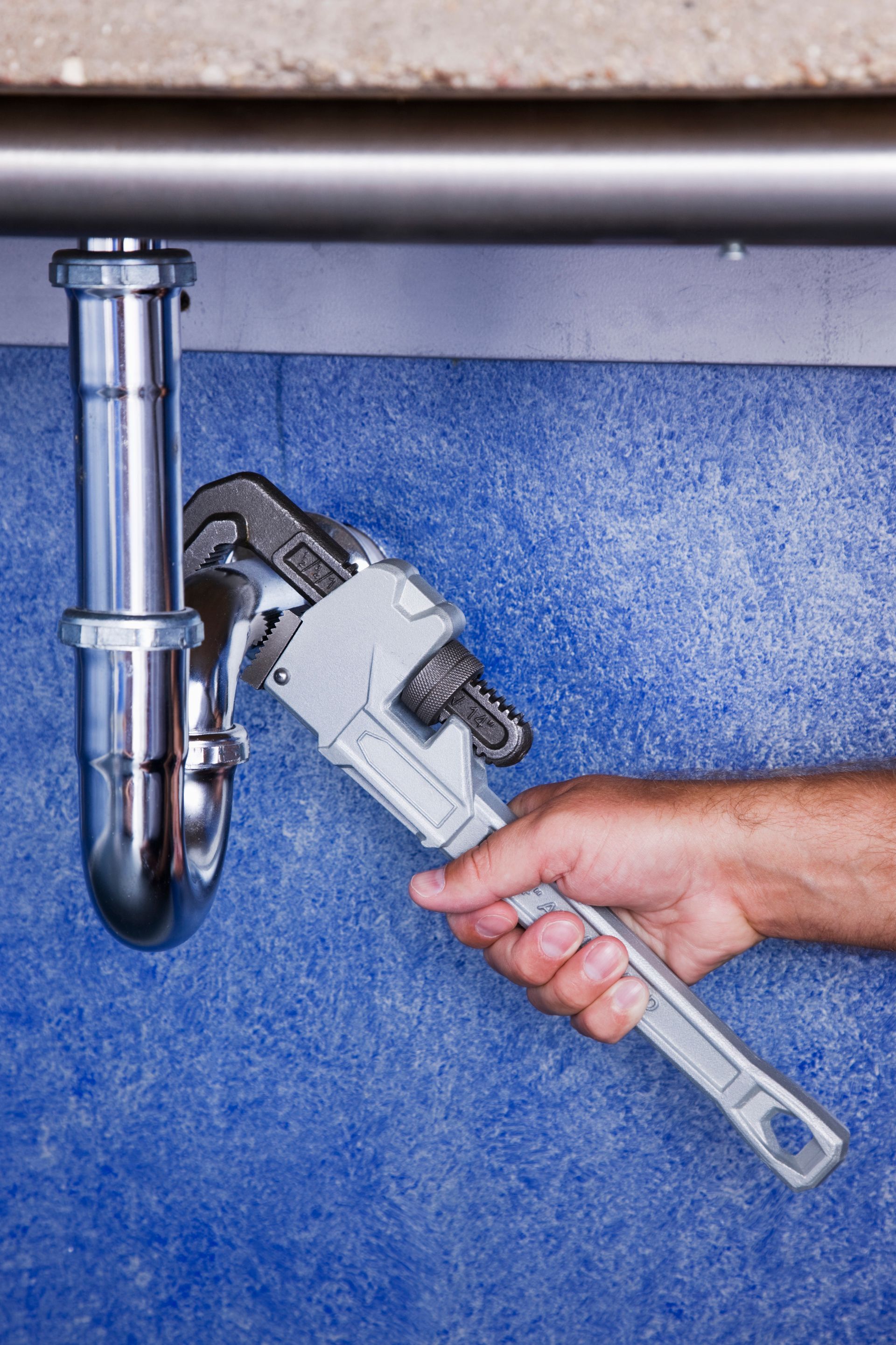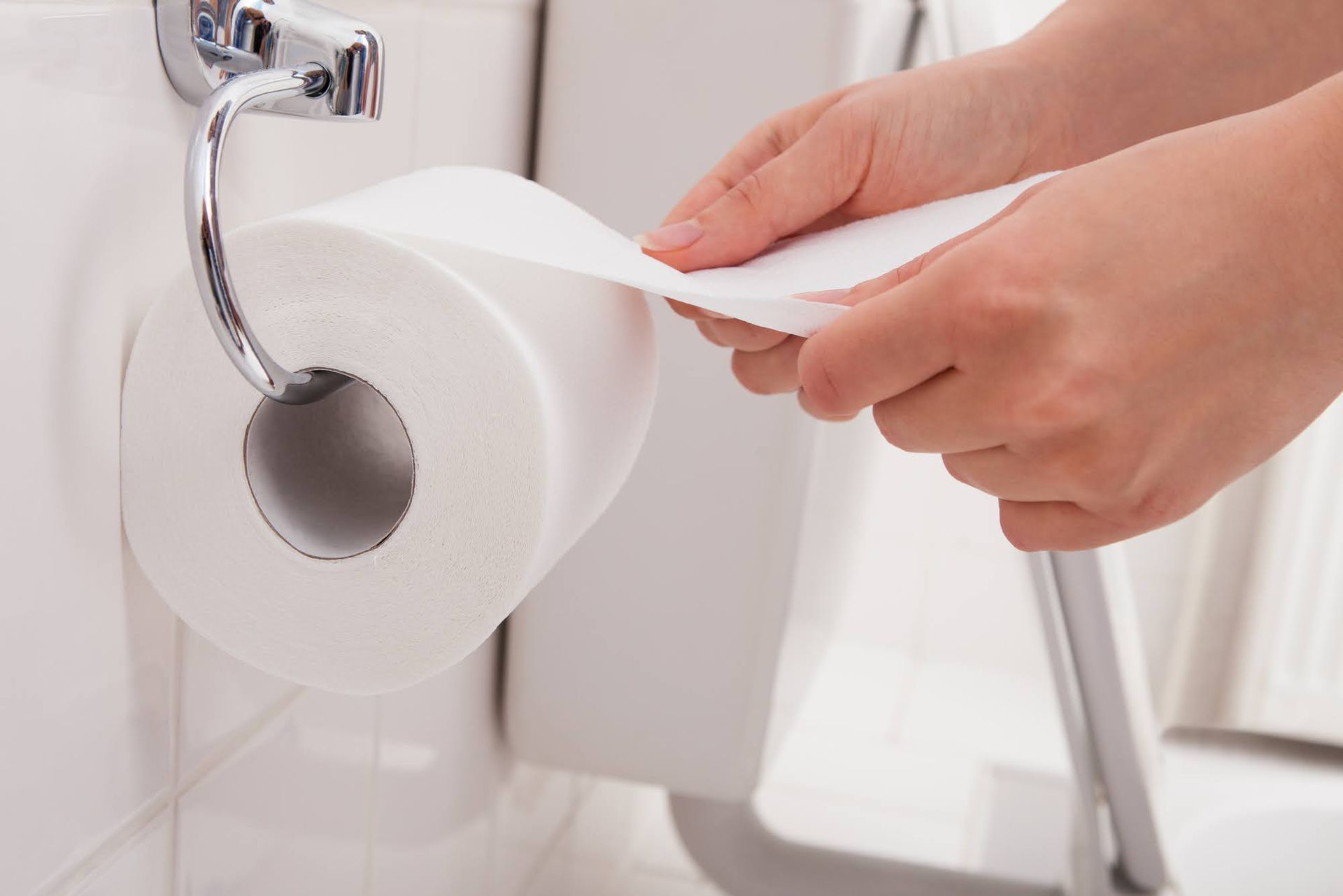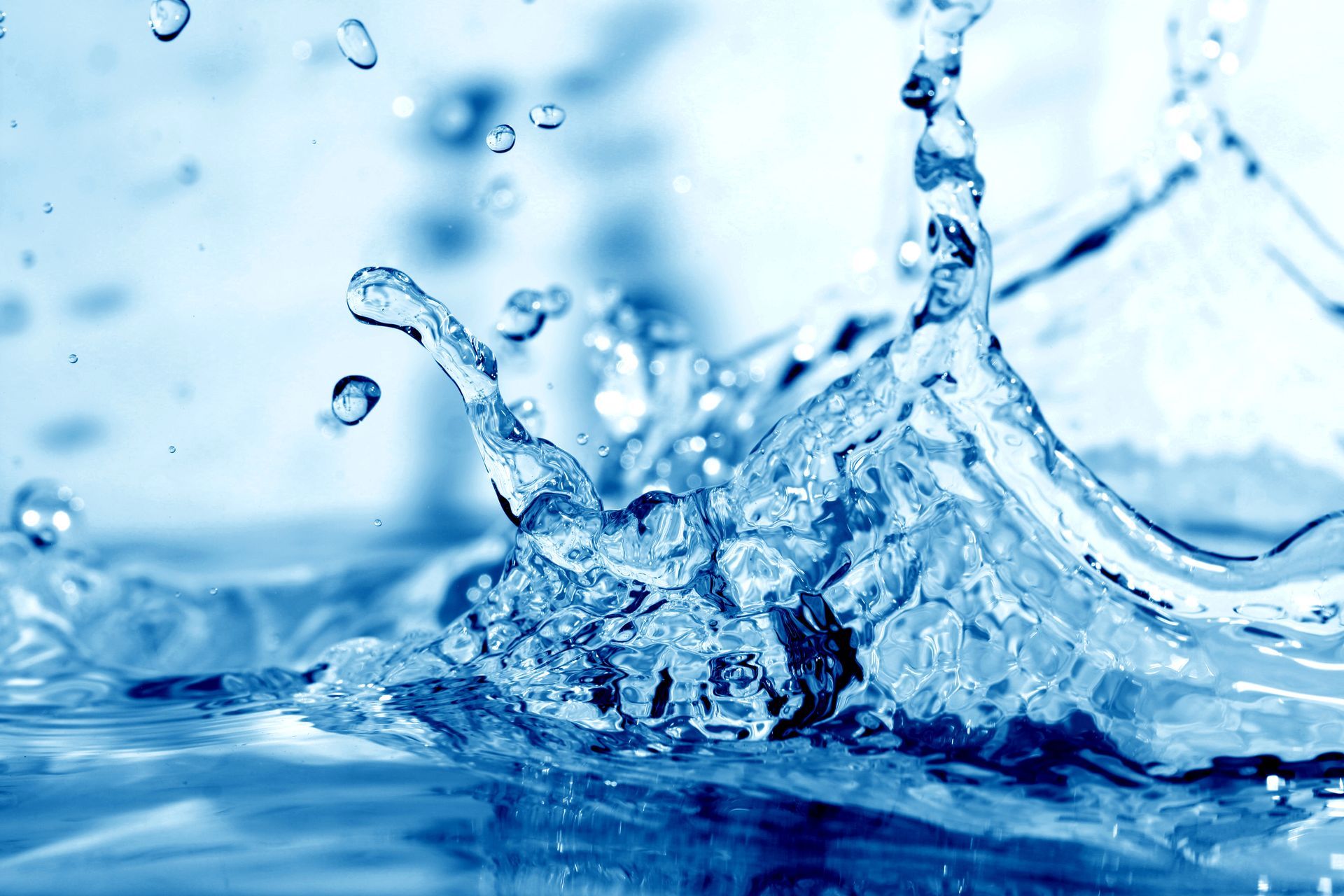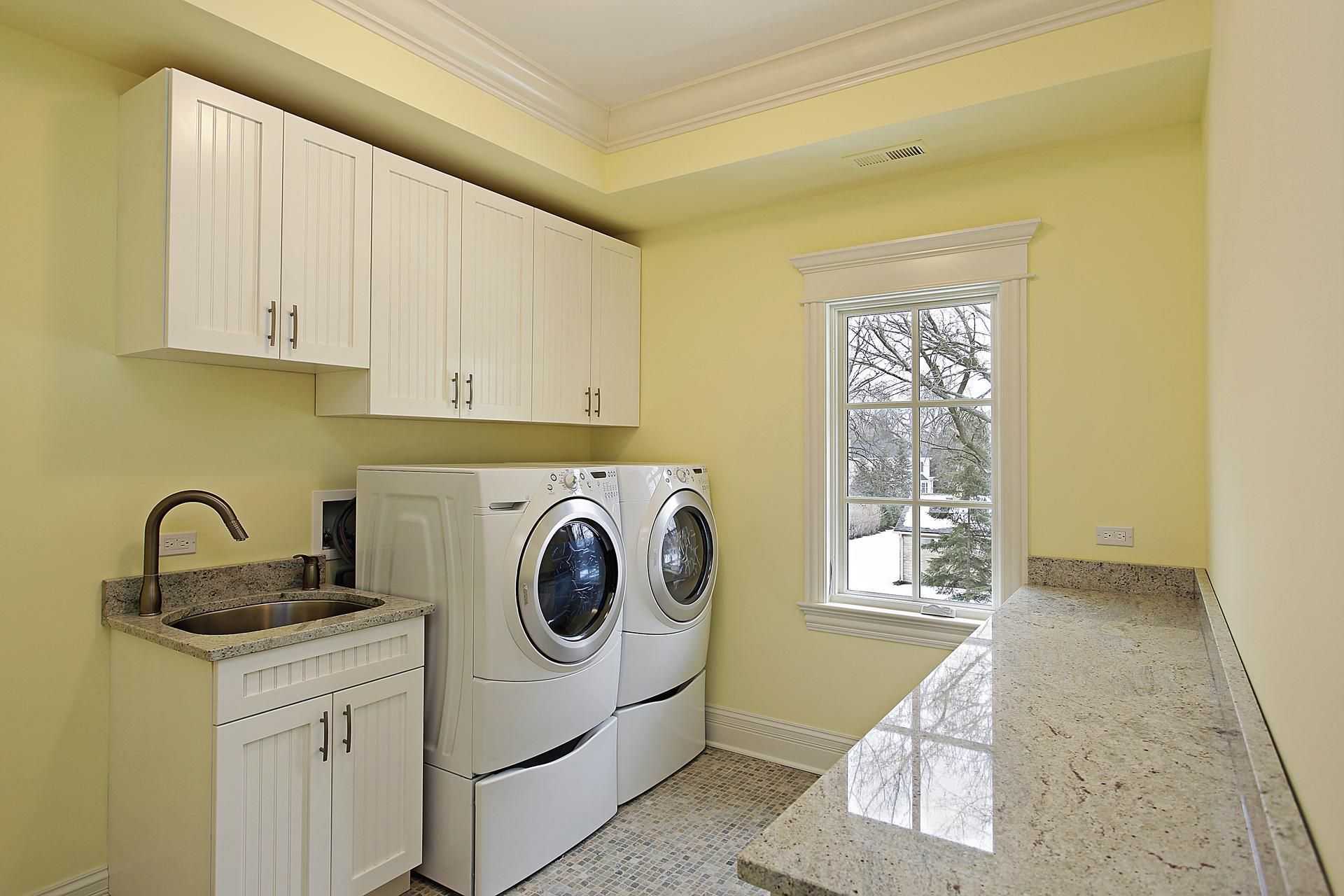Blog
Burst Water Pipes: Causes and Prevention
Broken water pipes waste money, can cause water damage, and can cause a lot of inconveniences. However, you are one step closer to preventing water pipe damage if you know why your pipes break in the first place. Below are some of the typical reasons water pipes burst and how you can prevent it.
Freezing
Water expands when it freezes. If the expansion occurs inside plumbing pipes, the pressure might be too much for the pipes. Here are some preventative measures to keep your water pipes from freezing:
- Keep the heater on to keep the house warm
- Let the taps trickle
- Insulate the pipes
- Prevent cold draft from outside
In case the pipes do freeze, turn off the water supply and thaw the pipes to prevent water damage and call in a professional plumber for an inspection.
High Water Pressure
High water pressure can also overwhelm and burst the pipes. Typical causes of high water pressure include:
- High pressure from the utility company
- Clogged pipes
- Improper adjustment of pressure valves
If you have and issue with high water pressure, use these tips to lower it:
- Adjust the water pressure valve
- Install a water pressure regulator if you don't have one
- Have a plumber clean or replace the affected pipes
In case of a sudden high pressure that you can't control, turn off the water and call an emergency plumber.
Corrosion
Metal water pipes are susceptible to corrosion. Corrosion can cause pipe damage in two main ways. First, the corrosion weakens the pipes and lowers the maximum pressure they can withstand. Corrosion also clogs the pipes, which increases water pressure.
Plumbing pipes have anti-corrosive treatments, but the treatments wear out after some time. Causes of corrosion include:
- High water pressure
- High water temperature
- Minerals in water
- Water acidity
You cannot avoid corrosion completely, but you can slow it down. These preventive tips can help:
- Treat your water to minimize corrosive agents
- Ensure water pressure is not too high — 45 to 55 psi is best, anything above 80 psi is dangerous
- Don't overheat your water — around 120 degrees Fahrenheit is reasonable
- Use nonmetallic pipes where possible
Replace pipes that are already corroded so that they don't burst.
Ground Movements
Ground movements can damage buried plumbing pipes. Shifting soils or earth tremors are classic examples. For example, water can saturate the ground after a heavy rainfall or flood. The soil below a pipe might sink and cause the pipe above it to follow suit.
In most cases, you can't do anything to prevent earth movements since they are mostly natural events. However, proper drainage can prevent flooding and related soil movements. In case you suspect earth movements, have a plumber inspect the pipes for damage.
External Pressure
External pressure above buried pipes, especially those at shallow depths, can damage the pipes. Pipes at adequate depth can lose the protective soil above them via soil erosion and become susceptible to such pressure.
Typical causes of external pressure include construction activities and traffic (cars or heavy machinery). The best preventing measure is to prevent soil erosion and human activities above the pipes.
Aging
All plumbing materials age and deteriorate with time, even though some age faster than others. Aging pipes tend to be weaker than relatively new pipes. The weakness exposes the pipes to damages that they might have endured when new.
For example, an aging plumbing pipe is more likely to burst due to high water pressure than new pipes. Understand the lifespans of your plumbing pipes so that you can replace them in time to avoid damages.
Despite your best intentions, your water pipes might burst without warning. Fortunately, Complete Plumbing has the skills, experience, and equipment to take care of such plumbing issues. Contact us about your plumbing issue, and we will get the system up and running within no time.
Installation
Services
and Military Discount



